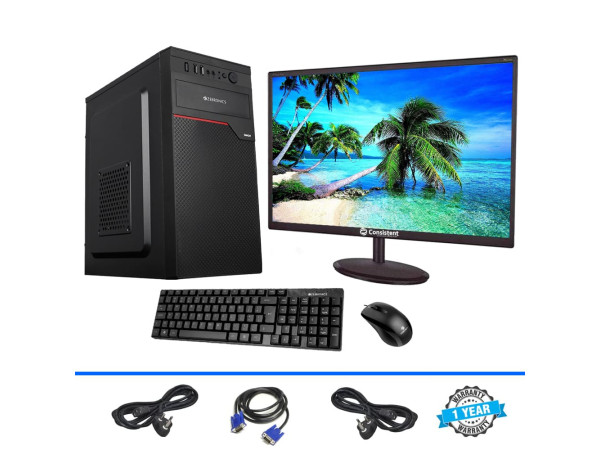
New Computer Buying Guide
Buying a computer can be a daunting task, especially for those who are not tech-savvy. With so many options and technical jargon, it can be challenging to figure out what kind of computer is best for your needs. In this guide, we will break down the important factors to consider when buying a computer to help you make an informed decision.
Purpose: The first thing to consider when buying a computer is the purpose. Are you buying it for basic tasks like browsing the web, checking email, and watching videos? Or do you need it for more demanding tasks like gaming, video editing, or programming? The purpose of the computer will dictate the kind of hardware specifications you need.
Processor: The processor is the brain of the computer and determines how fast it can perform tasks. Intel and AMD are the two major processor manufacturers in the market. If you are buying a computer for basic tasks, an Intel Core i3 or AMD Ryzen 3 processor will suffice. For more demanding tasks, consider an Intel Core i5 or AMD Ryzen 5 processor. For the most demanding tasks like video editing or gaming, go for an Intel Core i7 or AMD Ryzen 7 processor.
RAM: RAM stands for Random Access Memory and is responsible for running programs and applications on the computer. For basic tasks, 4GB of RAM is sufficient. For more demanding tasks like photo editing or video editing, 8GB or 16GB of RAM is recommended.
Storage: Storage is where your files and programs are stored. There are two types of storage: Hard Disk Drive (HDD) and Solid State Drive (SSD). HDD is cheaper but slower, while SSD is faster but more expensive. If you are buying a computer for basic tasks, a 256GB SSD or 1TB HDD is sufficient. For more demanding tasks like video editing or gaming, go for at least a 512GB SSD.
Graphics: If you are buying a computer for basic tasks like browsing the web, you don't need a dedicated graphics card. The integrated graphics that come with the processor will suffice. For gaming or video editing, consider a dedicated graphics card from Nvidia or AMD.
Display: The display is an important factor to consider if you are buying a laptop. Look for a display with a resolution of at least 1920x1080 (Full HD). If you are buying a desktop computer, consider buying a separate monitor with the same resolution.
Budget: Finally, consider your budget. A basic computer for basic tasks can cost as low as 5000, while a high-end gaming computer can cost over 20000. Determine how much you are willing to spend and look for a computer that fits your needs within that budget.
 BUILD YOUR PC
BUILD YOUR PC